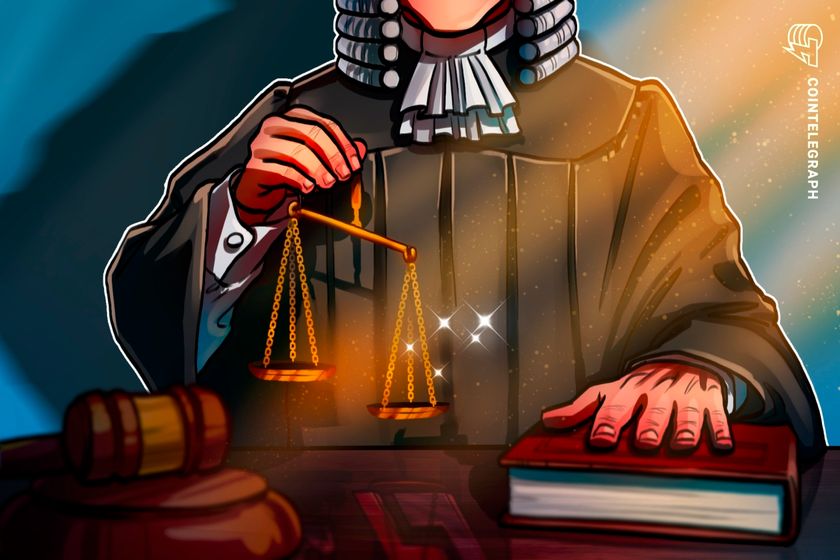

New Hampshire’s House and Florida’s House insurance and banking committee have respectively advanced bills allowing their states to create Bitcoin reserves.
New Hampshire’s House passed its Bitcoin reserve bill, HB302, in a 192-179 vote on April 10 which will now head to the Senate. The state is now the fourth to pass a Bitcoin (BTC) reserve bill through one chamber, joining Arizona, Texas and Oklahoma.
If HB302 clears New Hampshire’s Senate and Governor Kelly Ayotte signs it into law it would allow the state’s treasurer to use 10% of the state’s general fund and other authorized funds to invest in precious metals and certain digital assets. The bill also sets out how they should be custodied.
The bill specifies that only cryptocurrencies with a market capitalization of over $500 billion would be eligible for investment, a criteria that only Bitcoin currently meets.
New Hampshire’s House votes to pass HB302, the state’s Bitcoin reserve bill. Source: New Hampshire House of Representatives
In a debate prior to the vote, Democrat Representative Terry Spahr argued that the bill is unnecessary and could undermine the future security of the state’s digital assets stockpile.
“Unbeknownst to the committee and to the sponsor […] the treasurer testified that they already have that authority,” Spahr said. He added that cryptocurrency is “constantly shifting and changing, and it’s sort of dangerous to be kind of locked into certain types of security measures, and I think that bill does this.”
Republican Representative Jordan Ulery countered that the bill was necessary as it could create the “potential for a large amount of money being earned by the state in these investments.”
New Hampshire has two other blockchain-related bills working their way through the legislature — HB310, which covers stablecoins and real-world asset tokenization (RWA) and HB 639, which deals with blockchain regulation and dispute resolution.
Florida House Committee passes Bitcoin reserve bill
Meanwhile on April 10, Florida’s House Insurance and Banking Committee passed the state’s Bitcoin reserve bill, HB487, with a unanimous vote.
The bill has three committees to clear before it progresses to Florida’s House.
WATCH: Florida House Committee PASSES Bitcoin Reserve Bill
The Insurance and Banking Committee passed HB 487 unanimously today
Including moving testimony from bill sponsor Rep. Webster Barnaby pic.twitter.com/myAlNvtFl9
— Bitcoin Laws (@Bitcoin_Laws) April 10, 2025
Similar to New Hampshire’s bill, HB487 would allow Florida’s chief financial officer and the State Board of Administration to invest up to 10% of certain state funds — including the General Revenue Fund and the Budget Stabilization Fund — into Bitcoin.
The bill’s sponsor, Republican Representative Webster Barnaby pleaded with the Committee before the vote “to vote up on this very important bill” which he claimed would “put Florida in the leading edge of this very new technology.”
Related: US federal agencies to report crypto holdings to Treasury by April 7
Florida’s bill gives the state’s financial chief the ability to invest in digital assets directly, through certain qualified custodians, or through exchange-traded products and details security and custody requirements.
According to Bitcoin Laws, which tracks the progress of digital assets legislation, Arizona is currently leading the race to become the first US state to establish a strategic Bitcoin reserve.
Source: Bitcoin Laws
On March 24, two digital assets reserve bills, SB1373 and SB1025, cleared Arizona’s House Rules Committee and are now headed to the state’s House for a full floor vote.
If passed by the House, the bills would then need the signature of Arizona’s Democratic governor, Katie Hobbs to become law.
Magazine: Financial nihilism in crypto is over — It’s time to dream big again



